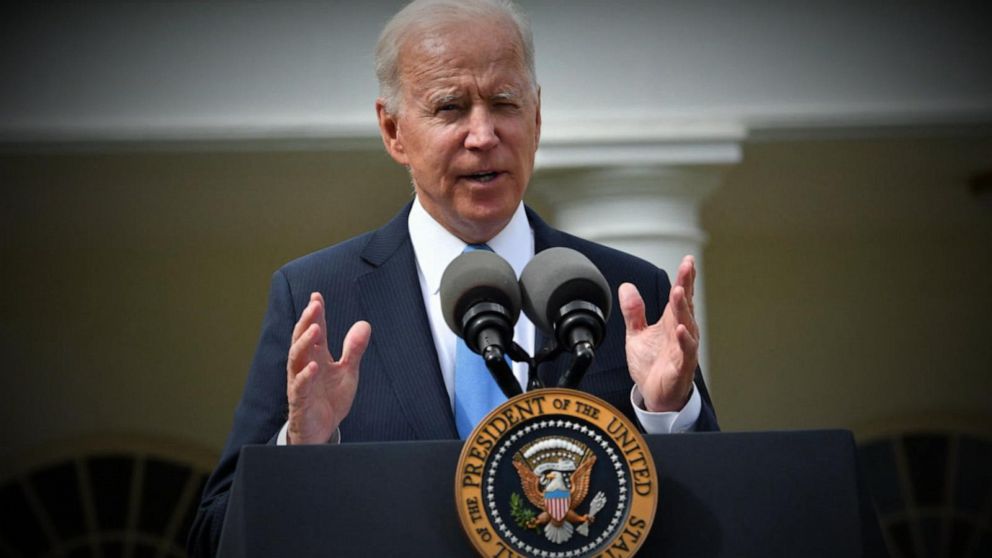U.S. President Joe Biden has shifted his stance on the Israel-Hamas conflict, now advocating for a “temporary ceasefire” amid escalating tensions. Initially seeking a “pause” in hostilities, Biden’s new rhetoric aligns with global calls for a permanent cessation of violence, particularly within his own Democratic Party.
While previously vetoing U.N. Security Council resolutions demanding immediate humanitarian ceasefires, the U.S. now proposes its own draft resolution emphasizing a “temporary ceasefire.” This comes as Israel prepares for a ground offensive in Rafah, prompting international concern.
The proposed resolution links the ceasefire to the release of hostages held by Hamas and opposes Israel’s planned offensive in Rafah. U.S. Ambassador Linda Thomas-Greenfield asserts this is consistent with previous efforts, denying any intentional shift in language.

President Biden’s recent public statements reflect this altered stance. Previously emphasizing a “pause” in fighting, he now calls for a “temporary ceasefire” linked to hostage release efforts. However, the administration clarifies that this does not indicate a shift towards advocating for a permanent ceasefire.
The White House underscores Biden’s support for Israel’s right to self-defense, citing Hamas attacks as justification. Despite criticism from Arab Americans and concerns over jeopardizing electoral support in battleground states like Michigan, the administration remains steadfast in its policy.
Efforts to broker a ceasefire intensify as U.S. Middle East envoy Brett McGurk engages in negotiations ahead of Ramadan. Talks involving key regional stakeholders aim to secure a humanitarian pause before the Muslim holy month begins on March 10.
In the face of escalating tensions, Biden’s shift in rhetoric signals a nuanced approach to the Israel-Hamas conflict, balancing support for Israel’s security with calls for humanitarian considerations and peace efforts.





